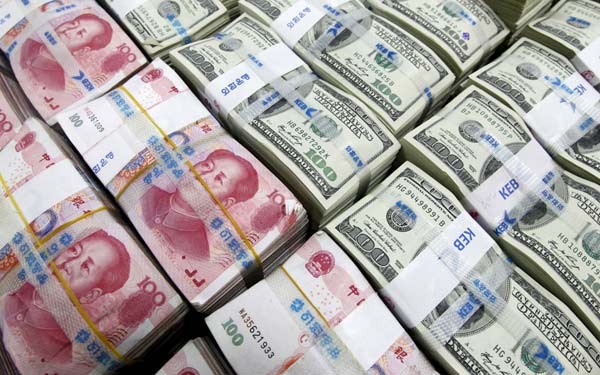Individual investors from China should embrace a universal approach and diversify investment to reduce their risks following the recent turmoil in China’s stocks.
A senior lecturer at Harvard Business School, Randolph B. Cohen, and a peer-to-peer lending and wealth management corporation in Beijing, CreditEase Corp., released a timely report on Jan 9. The report indicated that many Chinese concentrate on saving money as opposed to spreading their assets, and they have only short-term investment strategies for the stock market, according to China Daily.
In the report, Cohen said, "A single-channel investment strategy--for example, just investing in the stock market--will be of high risk, given that the global economy has entered a period of relatively lower growth."
The same publication reported that Shanghai Composite Index dropped by 10 percent last week, with the market shutdown on Monday and Thursday after plunging share prices spurred the circuit breaker.
Cohen added that since the Chinese market comprises essentially of individual investors as opposed to institutional investors, one-way investment would make such investors more susceptible to risk. As a result, diversified assets cut costs and risks for individual investors.
On the worldwide scale, high net-worth people invest on aggregate up to 24 percent of their assets overseas. However, Chinese individuals have only 5 percent.
Cohen said, "There are plenty of opportunities for Chinese investors to accumulate their wealth by investing overseas."
Similarly, the managing director and head of wealth management for Standard Chartered Bank (China) Ltd., David Leung, acknowledged that individual investors, particularly those with high net worth, should invest some assets overseas rather than having them overtly concentrated in the local capital market.
Leung said, "Investors should broaden their horizon to invest globally, take more time to do research before making decisions on asset allocation, and learn from the investment advice of professional financial institutions."
A report by Standard Chartered released on Jan. 8 indicated that investors should be more vigilant this year than in 2015, and adapt to a changing investment landscape.



























